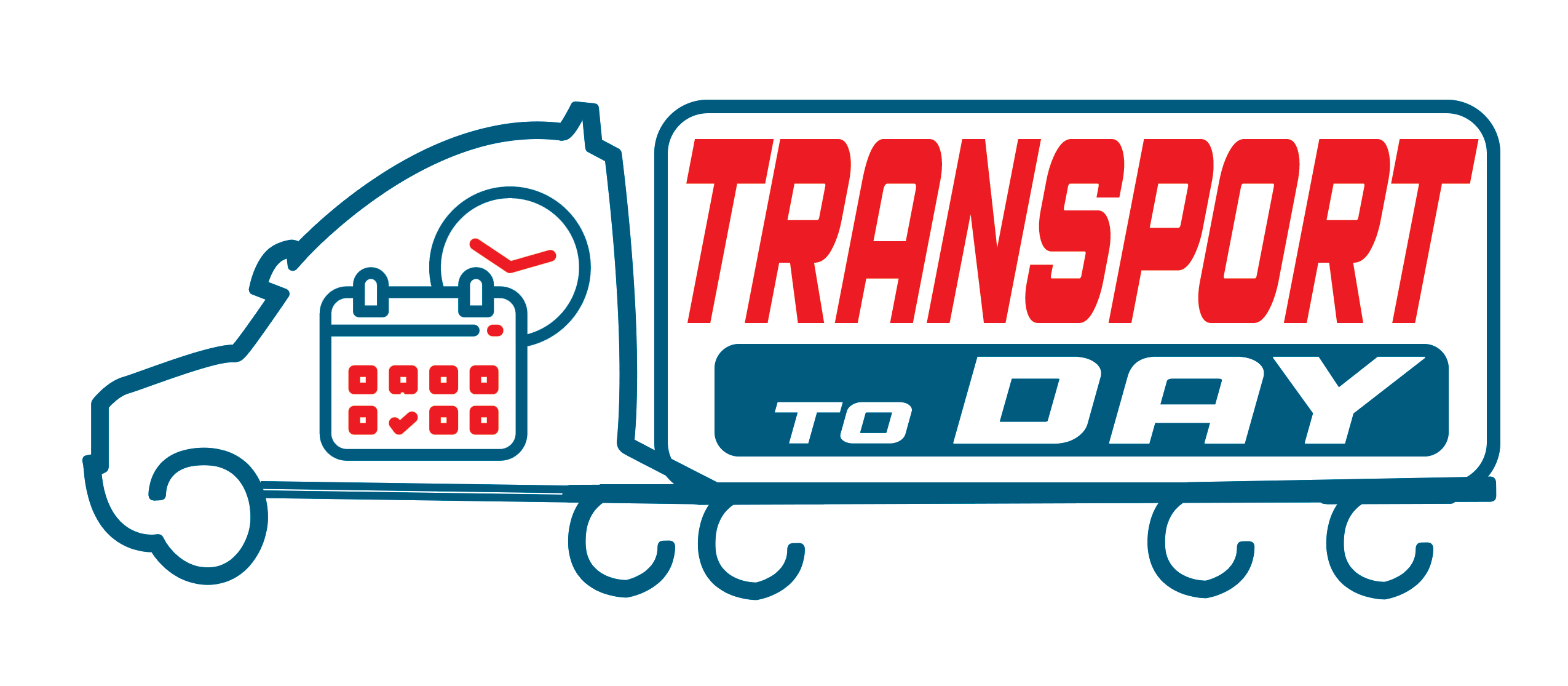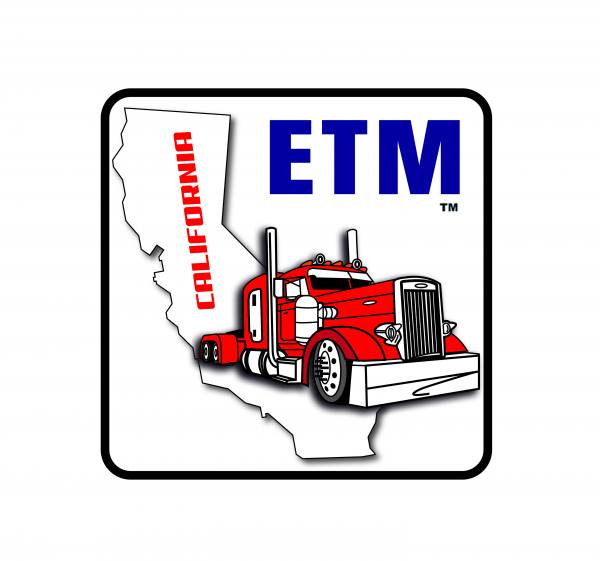 |
|
 |
Get our FREE |


In 2025, the trucking industry faces significant challenges in optimizing operational costs due to rising fuel prices and increasingly strict environmental regulations. A recent report from ATRI revealed that total operating expenses for carriers have reached a record $2.251 per mile, largely driven by a 53.7% increase in fuel costs.
To remain profitable, many companies are adopting technological innovations and advanced strategies. In Transport Today, we explore the most effective fleet management trends to reduce operational costs, improve fuel efficiency, and enhance environmental sustainability.
1. Fuel-Efficient Vehicles and Alternative Fuels
Upgrading fleets with fuel-efficient vehicles is a key strategy for reducing operational costs. The adoption of hybrid and electric vehicles is gaining popularity due to their ability to significantly reduce operational and fuel expenses while meeting California´s strict environmental regulations.
The rise of compressed gas, electric, and hybrid trucks not only reduces carbon emissions but also offers long-term economic benefits. However, implementing these technologies requires careful evaluation of refueling infrastructure and maintenance costs.
2. Advanced Telematics and Data Analytics
New technology powered by artificial intelligence enables real-time monitoring of driver behavior, idle times, speeding, and inefficient routes. By collecting and analyzing detailed data, fleets can identify areas for improvement and provide targeted driver training to optimize fuel consumption and maintenance efficiency.
3. Strategic Route Planning
The use of AI-powered route planning tools has revolutionized fleet management. These solutions analyze factors such as traffic, weather, and road conditions to optimize routes, significantly reducing operational costs and travel time.
4. Driver Training and Motivation
Training drivers in efficient driving techniques is one of the most effective ways to reduce fuel consumption. Teaching drivers to avoid rapid acceleration and sudden braking enhances fuel efficiency and reduces vehicle wear and tear.
In 2025, many companies are using mobile apps to monitor fleet performance and provide real-time feedback to drivers, promoting safer and more efficient driving habits.
5. Innovations in Sustainability and Environmental Regulations
In 2025, fleets must adopt sustainable practices to avoid penalties and stay competitive. Integrating electric vehicles and exploring alternative fuels not only reduce carbon emissions but also improve operational efficiency.
Additionally, fleets that embrace sustainable practices often receive tax incentives and government support, further reducing operational costs.
Stay Competitive and Compliant
By adopting these strategies, trucking companies can reduce operational costs, enhance fuel efficiency, and maintain compliance with environmental regulations, ensuring long-term profitability and sustainability.
For years, federal Hours of Service (HOS) regulations have been viewed as a key tool for reducing commercial truck crash...
read more...Although low libido is often associated with age or medical issues, it is increasingly affecting young truck drivers&mda...
read more...The political conflict between U.S. Transportation Secretary Sean Duffy and California Governor Gavin Newsom escalated o...
read more...California’s push for its controversial “clean truck” regulations has just taken a devastating blow. A...
read more...

